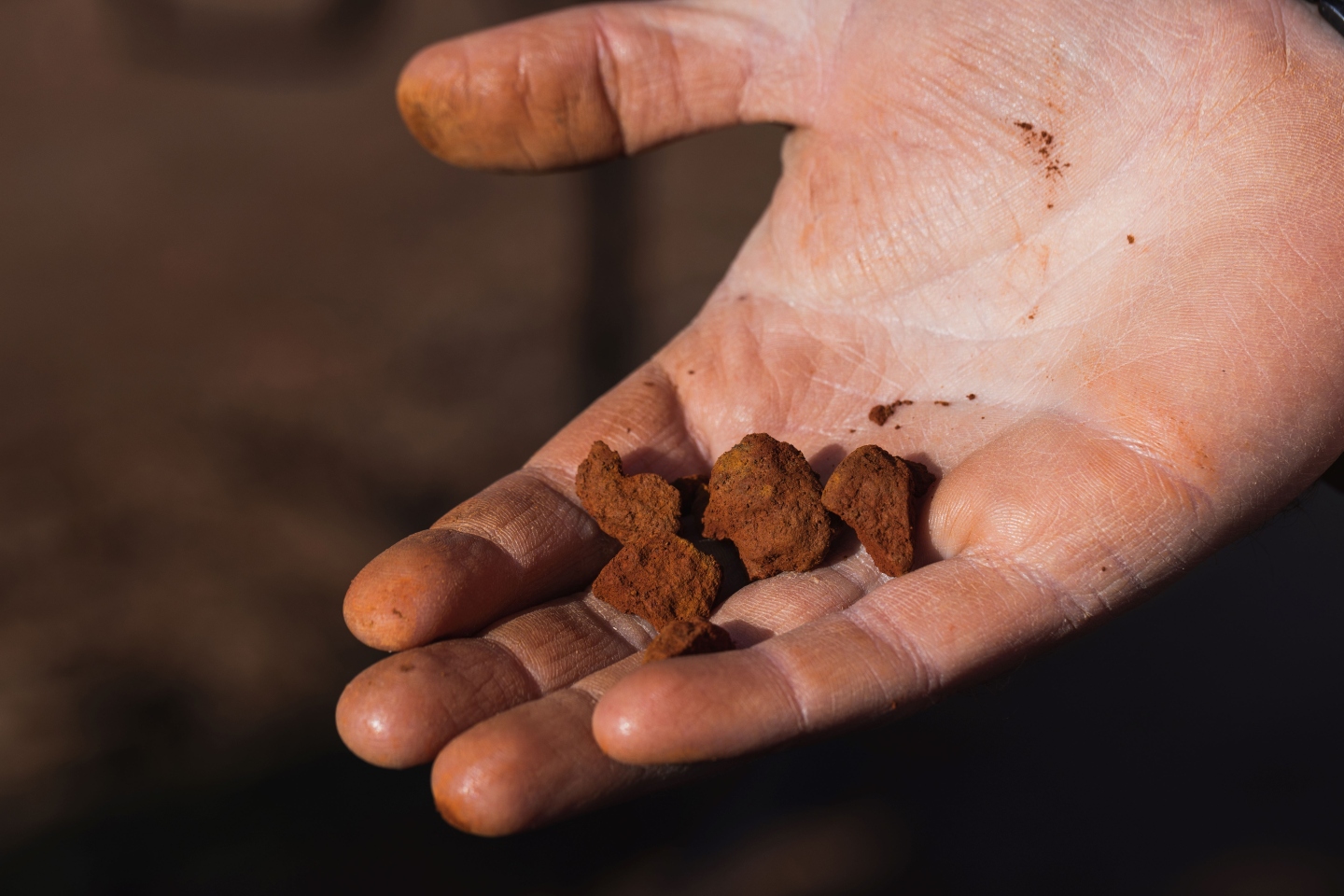The addition of fluorine to the Australian Government’s list of critical minerals has put ABx Group in prime position to impact global supply after it successfully pilot tested its new fluorine reactor process. The batch-scale testing that involved the processing of waste bath was recently carried out by the company’s 83 per cent-owned subsidiary, Alcore.


The addition of fluorine to the Australian Government’s list of critical minerals has put ABx Group in prime position to impact global supply after it successfully pilot tested its new fluorine reactor process.
The batch-scale testing that involved the processing of waste bath was recently carried out by the company’s 83 per cent-owned Alcore subsidiary. ABx says Alcore is “well- advanced” in its bid to recover fluorine to produce hydrogen fluoride from aluminium smelting waste at a time when Australia is totally dependent on imports for the pale yellow gas.
Bath is a fluorine-rich waste typically produced in excess by the industrial-scale process of aluminium smelting. Until now, it has typically been expensive to replace with new products and has been labour and energy-intensive and often wasteful to reprocess to recover even a proportion of entrained fluorine for re-use.
ABx Group managing director and chief executive officer Mark Cooksey said: “I am pleased that fluorine has been added to Australia’s Critical Minerals List, demonstrating the value of the ALCORE process development. It is exciting to see fluorine placed on the same footing as other critical minerals such as lithium and rare earth elements.”
Dr Cooksey said the new fluorine status would allow Alcore to garner further support from the Federal Government, in addition to the $7.5 million grant it had already received under the nation’s Modern Manufacturing Initiative.
Since the installation and commissioning of ABx’s new custom-made reactor in September, its research partner Alcore has been evaluating its state-of-the-art fluorine reactor process to treat bath to recover fluorine through the production of the highly-reactive and industrially-important chemical, hydrogen fluoride.
Once that is achieved, the hydrogen fluoride can then be further processed commercially to yield aluminium fluoride, a critical additive for production of aluminium from alumina – an aluminium oxide which is universally produced from bauxitic ore.
Australia is the world’s biggest miner of bauxite, producing up to 100 million tonnes per annum and it is the fourth largest exporter of aluminium metal in various forms.
But to date, Australia has been dependent on international suppliers of aluminium fluoride, for which China is currently the nation’s main supplier. In that context, Australia’s ability to guarantee continued aluminium production remains insecure.
So, ABx is thinking well ahead to the point where it is focusing on establishing a unified plant to produce both hydrogen fluoride and aluminium fluoride from recycled industrial waste through Alcore.
The company’s proposal to upscale its reactor process to continuous bath re-treatment to yield industrial-scale hydrogen fluoride and enable home-grown aluminium fluoride production in Australia is potentially a lifeline for the country’s aluminium industry.
Aluminium has also today been included in Australia’s new strategic materials list.
Is your ASX-listed company doing something interesting? Contact: matt.birney@businessnews.com.au












